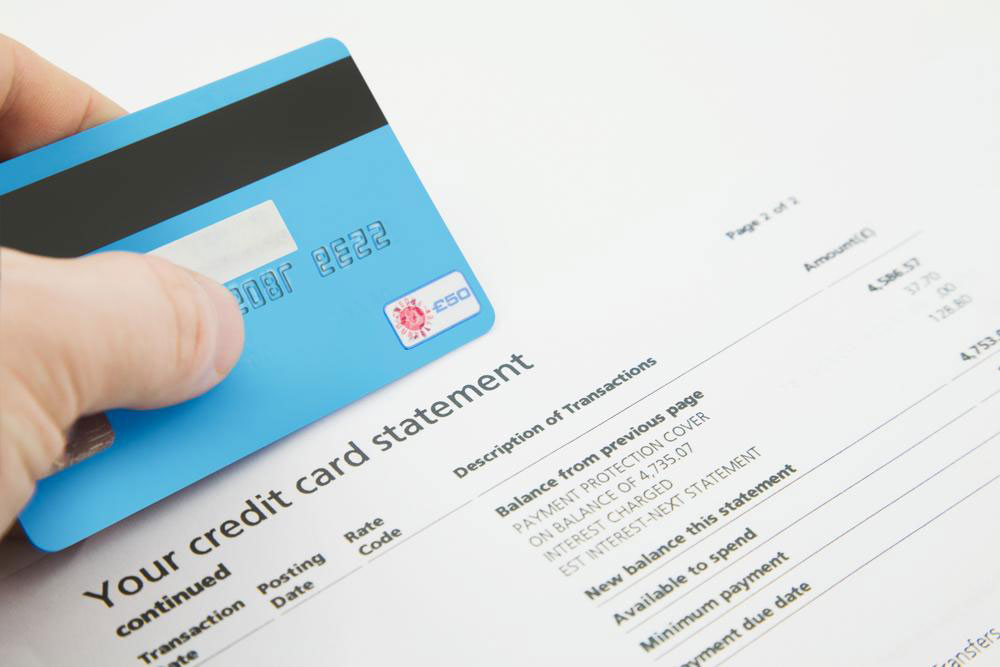Comprehensive Guide to Student Loans Without a Cosigner: How to Apply and Maximize Benefits
This comprehensive guide explains how students can secure loans without a cosigner, detailing eligibility criteria, application steps, and top lenders. It highlights federal and private options, credit importance, and repayment assistance programs, helping students achieve their educational goals independently while minimizing financial risks.

Comprehensive Guide to Student Loans Without a Cosigner: How to Apply and Maximize Benefits
Securing funding for higher education can often be a stressful process, especially when the need for a co-applicant or cosigner casts an additional shadow over the application. Fortunately, there are viable options for students who wish to pursue their academic goals without relying on a cosigner. Both federal programs and private lending institutions have developed specialized loan products that cater to students meeting specific eligibility requirements, such as strong credit profiles and consistent income streams. This extensive guide aims to shed light on the various aspects of obtaining student loans without a cosigner, including the application procedures, eligibility criteria, and top lenders that facilitate such loans.
Understanding the Role of a Cosigner
A cosigner is an individual with excellent credit who agrees to assume responsibility for loan repayment if the primary borrower defaults. Usually, parents or close relatives serve as cosigners, but their involvement increases their financial liability. If the borrower misses payments, it can adversely affect the cosigner’s credit score and lead to potential financial hardships. Recognizing this risk, many students prefer to explore options that eliminate the need for a cosigner, making their financial journey more independent and less burdensome for their families.
Criteria for Qualifying for No-Cosigner Student Loans
While the absence of a cosigner simplifies the borrowing process, qualifying for such loans requires meeting specific eligibility conditions. Students need to demonstrate financial stability, good credit standing, and sufficient income to be considered desirable candidates for these loans.
Federal Student Loan Options
Federal student loans are generally more accessible and offer favorable terms, and most do not require a cosigner. These include Direct Subsidized Loans, which are based on financial need, and Direct Unsubsidized Loans, available to all students regardless of income. Additionally, federal consolidation loans can help manage existing debts. However, private lenders usually conduct thorough credit assessments before approving loans without a cosigner.
Credit Score Significance
Your credit score plays a crucial role in securing a loan without a cosigner. Higher scores — generally in the high 600s or above — increase the likelihood of approval and favorable interest rates. Improving your credit history by paying bills on time and reducing debt can significantly enhance your standing with lenders.
Income Stability and Employment Status
Lenders prefer borrowers with stable, full-time employment or a consistent income stream, as it assures their ability to repay. Students working part-time may need a cosigner unless they can demonstrate substantial income or savings. Establishing a healthy income record is essential for increasing your chances of securing a non-cosigned student loan.
Practical Steps to Obtain No-Cosigner Student Loans
Successfully acquiring a student loan without a cosigner involves a strategic approach. Here’s a step-by-step guide:
Enhance your credit profile by paying existing debts and managing credit responsibly.
Build a steady income source or demonstrate financial stability through savings or other assets.
Research available federal and private loan options tailored for no-cosigner applicants.
Utilize preapproval processes that employ soft credit checks to gauge your eligibility without affecting your credit score.
Complete the application with accurate information, ensuring all required documents are prepared.
Apply early to meet admission timelines and secure funding prior to the start of classes.
Leading Providers of Student Loans Without a Cosigner
Several reputable financial institutions specialize in offering no-cosigner student loans, catering to students’ diverse needs and backgrounds:
Ascent® - Founded in 2016, Ascent offers flexible loan options for undergraduate, graduate, and refinancing purposes, all based on creditworthiness and earning potential rather than familial guarantees. Their programs include rewards like cashback upon graduation and options for hardship forbearance, allowing students to postpone payments during financial difficulties.
MPOWER Financing - Since 2014, MPOWER has been committed to supporting international students studying in the U.S. and Canada. They provide interest-only payments during the study period, a six-month grace period post-graduation, and fixed-rate lending options suited for students managing multiple financial obligations. MPOWER's focus on international applicants makes them an attractive choice for diverse student populations.
Loan Forgiveness and Repayment Assistance Programs
In addition to obtaining a loan without a cosigner, students should explore options for loan forgiveness, especially if they plan to enter public service roles or face financial hardship. Many lenders collaborate with government initiatives to provide forgiveness programs that reduce the repayment burden over time. The specifics vary depending on the type of loan, borrower’s employment, and repayment history. Always inquire directly with your lender to understand eligibility criteria and available relief options, which could significantly ease your financial responsibilities after graduation.





